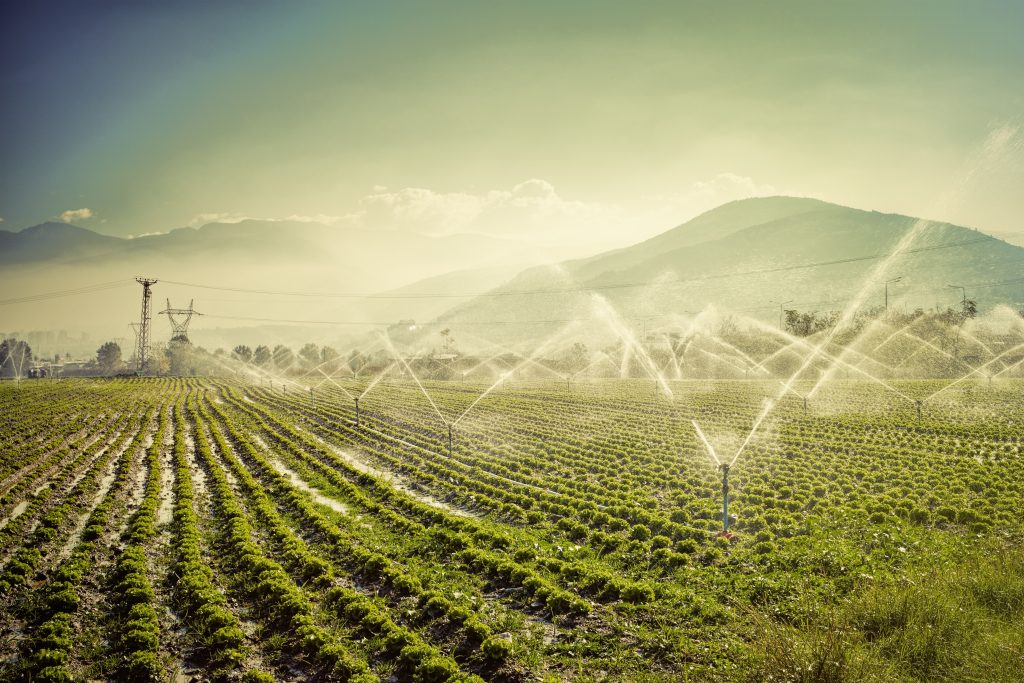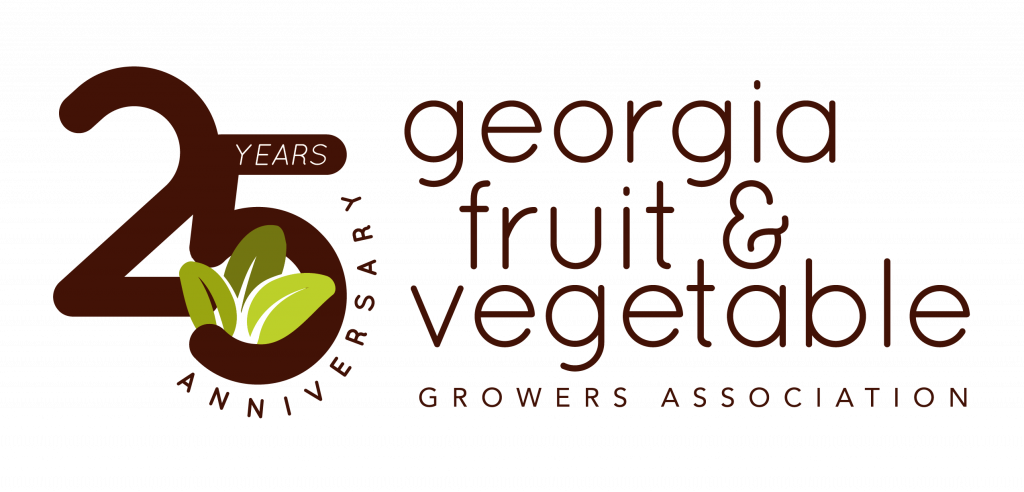By Clint Thompson
The 2022 season could be a pivotal year for specialty crop farmers. A production season that began with input costs spiking to unforeseen levels needs to end with growers pocketing some money, says Drew Echols, owner of Jaemor Farms and president of the Georgia Fruit and Vegetable Growers Association.

“I think this season is a crucial season for the Southeastern United States. Our guys need to make money,” Echols said. “It’s going to be hard with these unforeseen things coming up. You hate to be a pessimist, but at the same time you feel like the deck is stacked against you. What do they say, we’re the eternal optimist. But man, it’s tough when you hear of fuel shortages and fertilizer prices and that stuff.”
A potential diesel shortage is the latest challenge facing farmers like Echols. Gas and diesel costs are at all-time highs. According to the U.S. Energy Information Administration, gas prices have increased by $1.46 over the previous year and 16 cents over the previous week. Diesel costs have gone up $2.36 over the past year.

Prices for freight, fertilizer, seed, labor and other chemicals have gone up. Name an input and it’s not a question of if it has increased but by how much. And it keeps trickling upwards with no end in sight.
“When you start a season, you have what you hope are as close to fixed costs as possible. But this year there seems to be no fixed costs. There’s no way to project what the true costs of a box of squash or a box of peaches are actually going to be,” Echols said. “Everything is changing week to week; boxes, fertilizer, fuel. I think that puts the farmer at the ultimate disadvantage because there’s no way to project the costs.
“It really is hard to see how a (specialty crop) farmer is actually making money on some of these things. In a lot of cases, they’re not making money. We need these folks turning a profit, keep them in business.”











